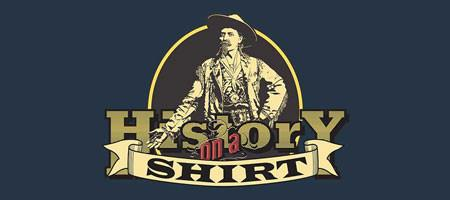A Colorado Cowboy Kisses the Blarney Stone
...Which could be why Horses Don't Fly is so readable. One of the local connections Andy Parks likes to mention on Vintage Aero Flying Museum tours is Frederick Libby, the cowboy from Sterling, Colorado. Libby's father offered Frederick's older brother three of his best horses if he could keep Frederick alive to the age of 18 (and later revised the reward to the age of 15). Fortunately, Frederick Libby survived his own escapades, grew up, went to Canada, joined the war as a truck driver, hated the rain, and joined the Royal Flying Corps to get out of the rain.
So, what was this low-humidity-loving adventurer doing about a hundred years ago, in early July? Visiting the Emerald Isle. He had some leave and wanted to spend it in London, but felt obligated to first visit the family of an Irish aviator friend who shared his love of horses.
He felt sure he had the wrong address when he saw "an enormous castle on magnificent grounds," but, "I give the knocker a wallop. After a reasonable wait, the door opens quietly on a very dignified butler with a 'Welcome sir, we are expecting you. His Lordship has gone to the city, he will see you at dinner.'"
Slowly I begin to piece the picture together. I am in the home of Lord Wrench, and my friend Bob is one of the family. Lord Wrench is a member of the nobility, and here am I.
It was a long way from the small town downriver from Denver where you could rope an antelope in your front yard. Still, "I'm beginning to like the place. The country is beautiful. The rolling hills surrounding the village, with the sheep grazing about, is like a lovely picture." Libby ended up spending his whole leave in Ireland, having "the time of my life," visiting the Phoenix Park in Dublin, the Guinness Brewery, and the Blarney Stone. Overall, his impression was,
I have been many places and met many people, but never any place or people where I had such a sincere welcome as the twelve days I spent in Ireland among the families of my two friends, Carruthers and Cathey. With these folks, things were wonderful, but there was another side to Ireland which I observed, and it shocked me.
He experienced the Sinn Fein anti-British movement (which he called the Seinfinners) and tried to understand it, but "It is hard to understand thousands of Irish over in France fighting for Britain, while at home in Ireland thousands were fighting their own people." He was warned not to wear his British officer's uniform too openly. "Lord Wrench did his best to explain the cause to me, but no part of it makes sense, so I can only feel sorry that such a beautiful country should have had this kind of trouble."
Gotha Bombers over London
Libby spent just long enough back in London to experience a Gotha bombing attack, in this first war in which the Channel was no significant barrier to enemy attack. "The main damage was to the civilians' morale at home. The idea of twenty-two big Gothas, in broad daylight, was a shock to everyone."
Later (in a foreshadowing of an early scene in Act II of the World Wars European theater performance, known as the Battle of Britain) "the Huns changed their tactics, and sent a Gotha on the hour by the hour most every night. Score one for the Hun with a surprise attack, which the British took in their stride. It was part of the war."
A few days later, Libby's friend Cathey was killed. Libby's comment was that one should not become too friendly with fellow officers, to keep it from being so tough when they inevitably get killed. "Today my sense of humor is completely gone, so I shall write tomorrow."
